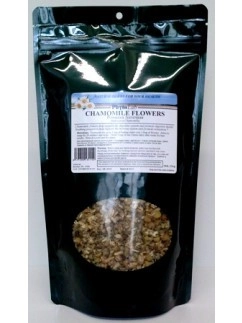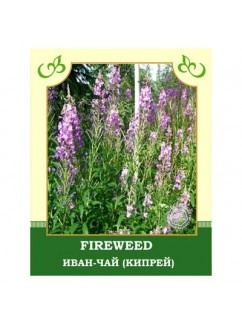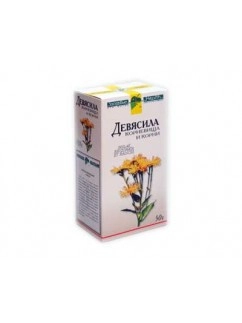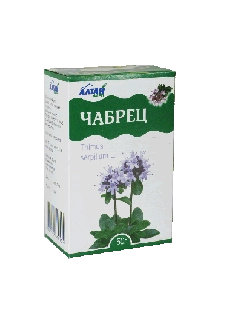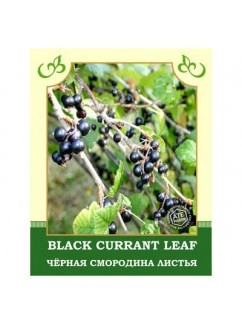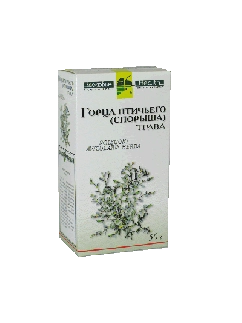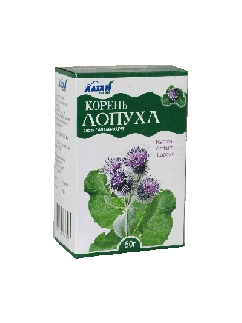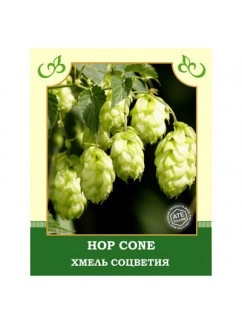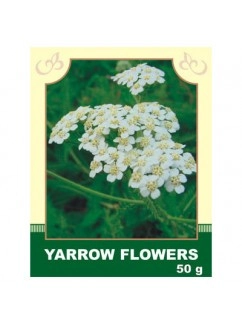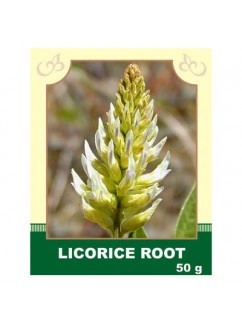Dry Herbs & Berries
Description. Chamomile has been known of since ancient times and has been called the plant's physician because ailing garden plants recover when it is planted close to them. Chamomile is one of the most widely used ingredients in herbal teas worldwide. An infusion of the flowers is taken internally as an anodyne, anti-inflammatory, antiseptic, antispasmodic, carminative, cholagogue, diaphoretic, emmenagogue, febrifuge, sedative, stomachic, tonic and stimulating metabolism. In particular it is an excellent herb for various digestive disorders, nervous tension and irritability and is also used externally for skin problems. Use. An infusion is particularly useful as a stomachic, nervine and sedative for young children, especially when they are teething. It is also used for irritable bowel syndrome, peptic ulcers and hiatus hernia. In large doses, or when taken regularly for several times each day, the tea can be emetic and can also cause the symptoms it is intended to cure. The flowers are also used externally to treat wounds, sunburn, burns, hemorrhoids, mastitis and leg ulcers. We believe that every home should have therapeutic chamomile in their medicine cupboard - especially where there are young children.
Warning! Before using any herbal products, make sure that you have full knowledge of how the herb works and any adverse reaction it may cause.$9.99Internally, it is taken as an anti-inflammatory and analgesic agent for stomach ulcers, gastritis, colitis, migraines, and insomnia. It stimulates cardiac activity. A water or alcohol extract of cypress prevents the inflammatory process and has a healing effect in acute and chronic diseases of the prostate, adenoma, inflammation of the ureters, chronic inflammation of the bladder, as well as in supportive and absolutely harmless therapy after prostate surgery.
Methods of application and dosage: 15 g of raw material is poured with 200 ml of boiling water, heated in a water bath for 30 minutes, infused at room temperature for 10 minutes, strained, and taken 1 tablespoon 3-4 times a day before meals.
Externally, it is used for rinsing wounds and ulcers. Compresses - as a pain reliever for otitis, bruises.
Contraindications: individual intolerance.
$6.99- The root is the part of the plant used for healing purposes. In ancient Rome, elecampane was regarded as a good aid in overcoming post banquet indigestion. This plant is also highly appreciated in Tibetan medicine. Elecampane is considered to have antiphlogistic, expectorant, improving digestion, diuretic and tonic properties. Its restorative, tonic action complements its ability to counter infection. Elecampane entered folk medicine with the ancient Greeks and Romans, who used it in cold remedies because it was thought to promote sweating and help bring up phlegm. In the 19th century the roots were boiled in sugar water to make cough drops and asthma lozenges or just candy.$6.99
Folk Application: Infusion of hyssop is used to rinse the oral cavity for headaches and dandruff, as well as to gargle to eliminate bad breath.
Internally: Taken as an expectorant and anti-inflammatory agent for cold cough, bronchitis, pulmonary tuberculosis, and other upper respiratory tract diseases. Also used for insomnia, shortness of breath, women's diseases, chest and tooth pain, abdominal pain, and as a remedy for hangover and anthelmintic for the expulsion of tapeworm.
Method of Application and Dosage:
- 15 g of raw material is poured with 200 ml of boiling water, infused for 20-30 minutes, strained, and taken 1 tablespoon 3 times a day.
- Cough extract: 2 tablespoons of raw material are poured with 0.5 cup of boiling water, evaporated over low heat to half the original volume, strained, squeezing the remaining raw material, taken 1 tablespoon (better with honey) 3-4 times a day.
External Application: Baths and compresses from the infusion of the plant are used as an analgesic for joint and muscle rheumatism, paralysis, bruises, tumors. The herb is also used for refreshing aromatic baths. 4 tablespoons of dry herb are infused for half an hour in a closed container in 1 liter of boiling water.
Contraindications: Individual intolerance, peptic ulcer, liver and kidney diseases, pregnancy.
External Application: In the form of baths, compresses, and poultices. It helps dry the affected area of the body and promotes rapid skin healing. The infusion is useful for washing the head with seborrhea.
Preparation:
- 30 g of herb is poured into 1 liter of boiling water, strained, and added to the bath.
- 3 tablespoons of herb are poured into 400 ml of boiling water, boiled for 10 minutes, strained, and used for washing, compresses, and rubbing.
Contraindications: Individual intolerance.
$6.99Internally: Tinctures strengthen the immune system, improve mood; used for chronic cough, frequent colds, gout, arthritis. The tincture reduces tissue swelling, lowers blood pressure. Infusions are absorbed more slowly, but their effect is longer. They will help restore strength after a prolonged illness, protect the body during flu and viral infections, improve memory.
Method of application and dosage: For the infusion, 2 tablespoons are poured with 1 glass of boiling water and infused for 10-15 minutes. Strain and drink with honey. For the decoction, 100 g is poured with 2 liters of boiling water and placed in a water bath for 10-15 minutes. Infuse for 10 hours. For a cough, drink 100 g until the illness subsides. The decoction will better help cope with fatigue and overwork.
Contraindications: Individual intolerance, avoid with stomach ulcers, gastritis with high acidity; use in limited quantities during pregnancy and lactation.
$6.99Internally, it is taken for uterine bleeding after abortion and in the postpartum period, for uterine fibroids, as well as for all internal bleeding; for diseases of the liver, kidneys, bladder, and stomach; for all lung diseases. Decoctions and infusions accelerate wound healing by increasing blood clotting, reduce the bleeding of mucous membranes, eliminate toxins and various harmful substances from the body, and enhance immunity.
Method of application and dosage: 3 tablespoons of raw material are poured with 200 ml of boiling water, infused for 45 minutes, strained, squeezing out the remaining plant material. The infusion is brought to the original volume with boiling water. Take 1/3 cup 2-3 times a day before meals.
Externally, in the form of baths, it is used for the prolapse of hemorrhoidal nodes and the rectum.
Contraindications: Individual intolerance.
$6.99Internally, the root is taken as a diuretic and cleansing agent in the following cases:
- For diseases of the urogenital organs;
- In gout, rheumatism;
- In diabetes;
- For hemorrhoids;
- In chronic constipation;
- For menstrual irregularities;
- In the treatment of skin diseases;
- For allergic reactions.
Method of application and dosage: Steep 1 tablespoon of roots in 200 ml of boiling water, heat in a water bath for 30 minutes, infuse at room temperature for 10 minutes, strain. Bring the infusion to the original volume with boiled water and take internally 1/2 cup 2-3 times a day before meals.
Externally, the root is used:
- Against hair loss and dandruff;
- In the treatment of eczema, ulcers, and purulent wounds;
- For inflammatory processes of the mucous membrane of the oral cavity, throat.
Steep 1 teaspoon of roots in 400 ml of boiling water, infuse for 8-10 hours.
Contraindications: Individual intolerance.
$6.99Internally: Taken for kidney inflammation, irritation of the bladder, dropsy, gastritis, jaundice, various liver diseases, and insomnia. A water infusion stimulates appetite, enhances digestion and urine secretion, has a calming effect on the nervous system, reduces and stops spasms, alleviates pain, reduces inflammatory processes, and has anthelmintic, mild laxative, and gentle sedative effects.
Method of application and doses: Steep 2 tablespoons of raw material in 500 ml of boiling water, infuse for 2 hours, strain, and take 1/2 cup 4 times a day before meals.
Externally: The infusion is used to strengthen hair and as a pain reliever in the form of a lotion. For the treatment of gout and rheumatism, a ointment is prepared from the powder of dried "cones," which is successfully used for painful ulcers. For compresses and rinses: 3 tablespoons of raw material are steeped in 200 ml of boiling water, infused until cooled, strained, and used as directed. Mix 1 tablespoon of hop "cones" powder with 1 tablespoon of unsalted pork fat or fresh butter to use as an analgesic ointment for bruises and rheumatic pains.
Contraindications: Individual intolerance. Poisonous plant, requires caution in use.
$6.99Internally: Taken as a hemostatic agent for intestinal and uterine bleeding, dysentery, inflammatory diseases of the bladder, ovaries, gastritis with low acidity, diarrhea, ulcers of the stomach and duodenum, liver diseases, hepatitis, cholecystitis, and angiocholitis, cough, and colds. Also used as a calming remedy for neurosis, hysteria, and hypertension.
Method of application and doses: Decoction - 1 teaspoon in 250 ml of boiling water, simmer for 5-10 minutes over low heat, strain. Drink 1/2 cup 3 times a day. Tincture: 30 g of dry herb is infused in 100 ml of vodka, infused in a dark place for 1 week, strained, and taken in 20-30 drops 3 times a day before meals for dysmenorrhea, angina, and intestinal spasms.
Externally: The decoction of yarrow is very effective when used locally for small cuts, abrasions, scratches, toothache, herpes, focal baldness, and lichen. For bleeding from the eroded cervix, tampons soaked in yarrow infusion or decoction are used. In cases of prolapsed hemorrhoids and bleeding hemorrhoids, compresses soaked in a cold yarrow decoction are applied.
Contraindications: Individual intolerance, during pregnancy, and for those suffering from allergies.
$6.99Internally: Taken as an expectorant for lung diseases accompanied by cough; as an anti-inflammatory spasmolytic for gastritis, peptic ulcer of the stomach and duodenum; as a laxative and regulating water-salt metabolism in diabetes; as part of medicinal mixtures as a diuretic and laxative.
Method of application and doses: 1 tablespoon of raw material is poured with 200 ml of boiling water, boiled for 15 minutes in a water bath, infused for 45 minutes, strained, squeezing out the remaining raw material. The ready infusion is brought to the original volume with boiled water and taken in 1 tablespoon 3-4 times a day.
Contraindications: Individual intolerance, pregnant women. Prolonged use is not recommended.
$5.99
If you like to use a lot of dry herbs and berries to create teas, wellness pads and an assortment of other items for well-being, our dry herbs and berries can provide you with a quick way to do it on your own. Each packet contains the herbs or berries of your choice that were freshly grown, chopped up and dried to perfection. Every herb and berries packet is 100% natural, with no artificial preservatives or added fillers. You're able to create a tasty blend with all that is provided from our large selection.


